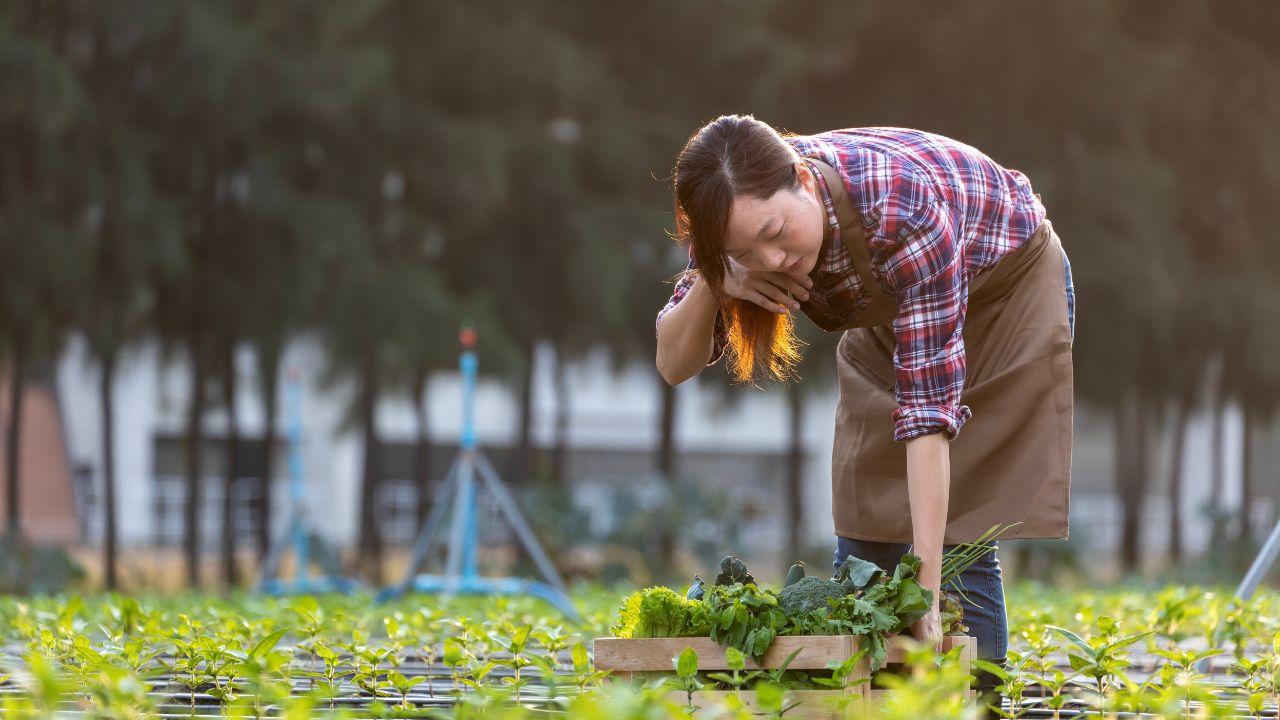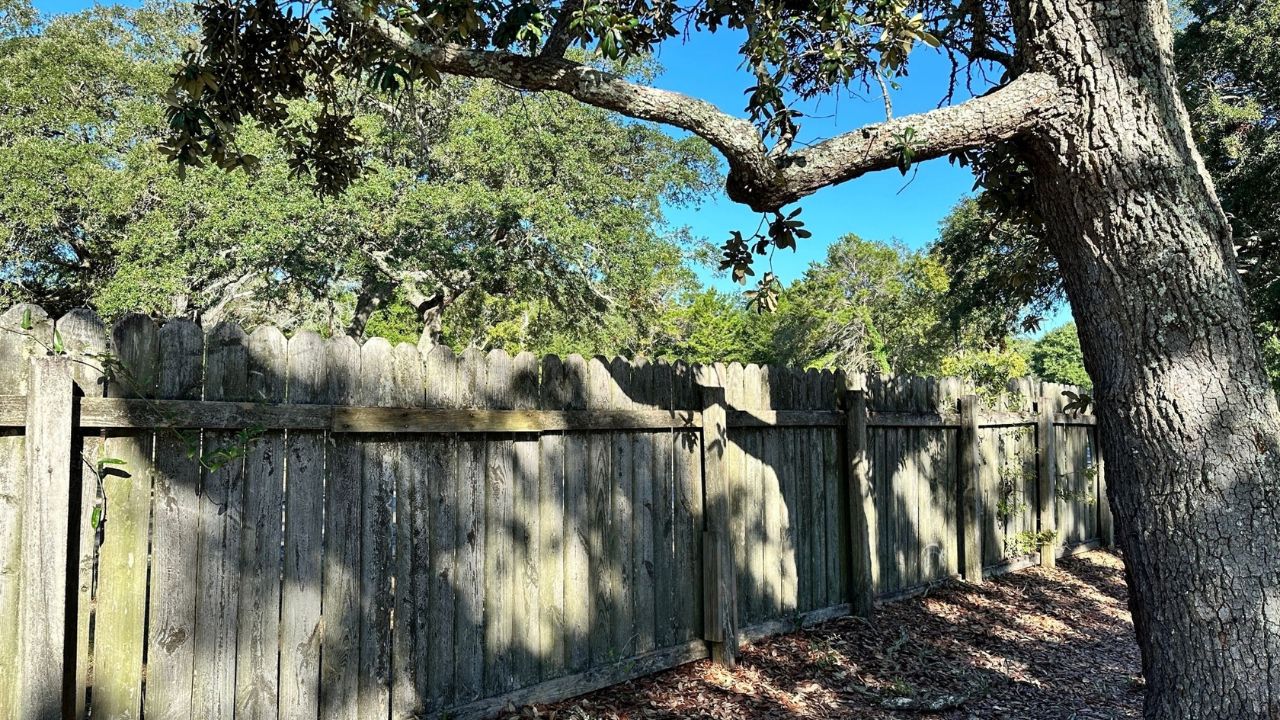In 2025, homesteading is a popular topic for many would-be escapees. A 2022 survey of homesteaders revealed over half of them began because of food insecurity, a wish for healthier food options, and living a simpler lifestyle.
The appeal of disentangling oneself from the rat race to live off the land has never been stronger. What’s more, it shows no sign of slowing down. However, homesteading isn’t as romantic as it may appear on YouTube, The Discovery Channel, and Animal Planet.
We researched the homesteading world and looked at what the experts had to say. The process included speaking to 12-year veteran Ohio homesteader Lauren Craig of Humble Hive Consulting. In essence, we wanted to know about the pitfalls awaiting the earnest smallholder, many of which have already been experienced.
1. Everything Everywhere All At Once

Image Credit: Shutterstock.
Lauren Craig says her biggest mistake took place at the earliest stage of her homesteading adventures. She believes most homesteaders suffer from a need to push themselves too hard, which may lead to their demise. Having already learned the hard way, Lauren has advice that may just save your entire project.
“I took on everything at once, without a plan in place, and I quickly found myself overwhelmed and burnt out,” Lauren says. “Ultimately, I had to slow down to address the problems that had arisen due to the short-sighted decisions I made during my fits of excited homesteading passion.”
2. Go Small or Go Home

Image Credit: Shutterstock.
Our research points toward a very common problem in the newbie homesteading universe — going too big, too soon. Some may try overplanting with insufficient hands on deck to manage the scale of the garden. Others go overboard with their love of animals, opting for sheep, chickens, and pigs in their first year.
“When you’re overwhelmed, it’s unlikely that you’ll enjoy the life you worked so hard to build,” reads a Fairway Stables post. “Take it slow and work in small steps, such as a reasonably sized garden and a small flock of chickens.” Nothing will sting like falling victim to the same burnout that made you choose the lifestyle in the first place.
3. Not Researching The Land

Image Credit: Shutterstock.
For those new to the game, the urge to get started may often overwhelm more sober thinking. Therefore, not researching your location before committing to a long-term project is an obvious mistake to avoid. Of course, visual aesthetics are important, but certain determinants must come first.
There is a Holy Trinity for anyone considering this path: water, climate, and soil quality. Landgate describes the latter as “the bedrock (literally) of any homesteading endeavor.” One simple step to prevent poor choices is taking a soil test before agreeing to any lease or purchase. The USDA’s guide to soil testing is a good starting point for any homesteading rookie.
4. Failing to Plan is Planning to Fail

Image Credit: Shutterstock.
Erecting poorly constructed fences that need to be torn down, planting a garden with no route for water, or planting fruit trees where the goats would end up living. These mistakes are real-life descriptions from homesteading site Roots & Refuge, whose founders warn against having no plan.
The worst thing about acting before thinking in the homesteading game is the Darwinian reality it brings. You lose valuable time and money correcting mistakes that otherwise could have been avoided.
5. All in the Head

Image Credit: Shutterstock.
Having records is a no-brainer in any homesteading project. Even something like keeping goats makes for a challenging regimen of bookkeeping, time-stamping, and classification. Oak Hill Homestead gives examples of just a few things to contemplate. Their site states how you must know “when your goats were born, how long you’ve had them, and their pedigree — even if they’re not registered.”
Like any business, record-keeping must be part of any homesteading operation. Without understanding every detail in your new bucolic kingdom, you risk letting your mini-empire fall from within. Furthermore, making a spreadsheet of planted crops, livestock birthdates, and harvest yields will all go toward helping in the years to come.
6. Not Getting Help

Image Credit: Shutterstock.
We know the homesteader dreams of disappearing into the land, carving out a corner of the wilderness, and existing in glorious solitude. Nevertheless, such a romantic vision might not be that easy if your homestead is too large to manage. On the one hand, there must be an unshakable conviction that this new life will work. On the other hand, new homesteaders must be careful to stop hubris from getting in the way of progress.
What’s more, many prospective land lovers will bring their children into the equation, who might require homeschooling and pastoral care. Sometimes, you will save money by spending it. For instance, if you are overwhelmed but need to put up a border fence, hiring an outsider may save your sanity, reports Steel Raven Farms.
7. Not Researching Zoning Laws

Image Credit: Shutterstock.
Imagine shaking on a land deal with a seller, only to discover half the plans you have for the land are illegal. This issue may also apply more to urban and suburban farmers running downsized operations — homeowners associations may be a threat to these brave townie pioneers.
For those in the rural domain, one must check local zoning laws on planting, construction, and livestock permissions, among other elements. It would definitely be worth hiring a land use and zoning attorney before agreeing to any sale or lease.
8. Going Over Budget

Image Credit: Shutterstock.
Trying to make your homesteading work while living beyond your means is a recipe for unbridled disaster. As all farmers know, channeling one’s inner Ebenezer Scrooge is a good mindset for staying in the black.
Enthusiasts’ platform Homesteading Family reasons in its guide that the key to slimming or reducing one’s budget lies in your skillset. Gardening, preserving, mending, and cooking skills all reduce your overheads and outgoings. Meanwhile, letting your budget slip is a surefire way to let the lifestyle follow suit.
9. Ignoring Your Trees

Image Credit: Shutterstock.
It may sound obvious, but many experienced homesteaders have made the simple mistake of not allocating their gardens or building projects correctly. Homesteading site Earth Easy lists several common spacing errors, not least ignoring the influence of trees.
There is the issue of building fences or raised beds too close to trees causing them to infringe on your structures. Moreover, planting any gardens near trees will attract the wily organisms to the new, fertile soil. If you don’t want invasive tree roots draining your vegetables’ nutrients, you may want to avoid such a step.
10. Letting Pride Ruin The Prize

Image Credit: Shutterstock.
Of course, the majority of homesteading hopefuls’ main aim is saving money and producing their wealth from the land. This approach is the Holy Grail of homesteading, though it is sometimes impossible, depending on the resources around you. What’s more, substituting for store-bought products can work, agrees Lauren.
“People mistakenly believe that growing or raising your own food must be more economical than purchasing store-bought,” Lauren says. “But, that’s only the case if the food systems and all the elements that work to support them have been thought through and sustainably established.” Clearly, homesteading is a learning curve — yet that is maybe what makes it so desirable.


